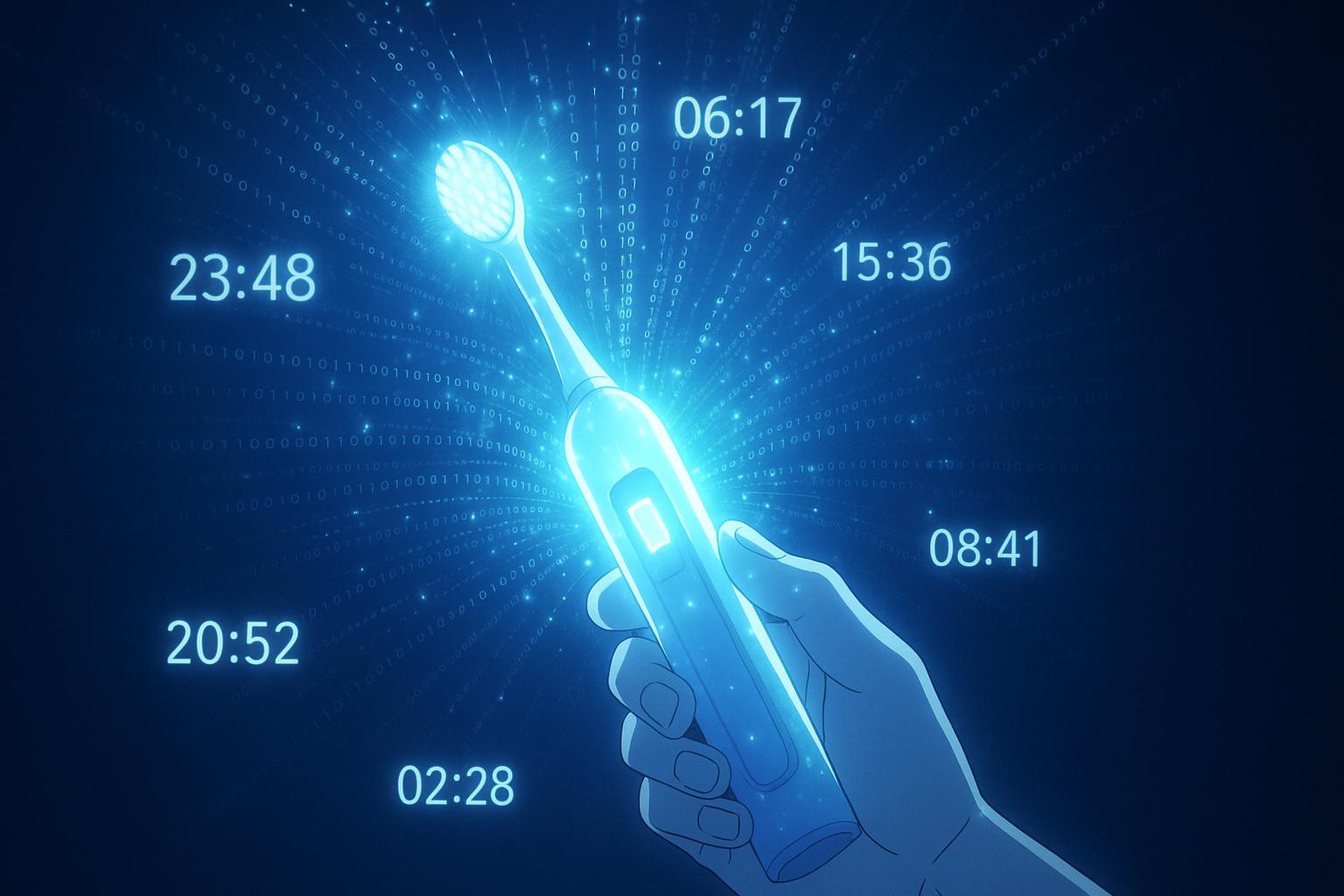The emotional turmoil of suspecting a partner of infidelity often leads individuals to search for tangible evidence. While many focus on conventional signs—like altered phone habits or unusual absences—private investigators suggest that less obvious clues may hold the key to revealing the truth. Paul Jones, a British private investigator with over a decade of experience, has noted an intriguing indicator: a toothbrush.
Jones's insights, shared recently with The Mirror, highlight that something as seemingly innocuous as dental hygiene habits could provide vital evidence of unfaithfulness. In one striking case, a mother became suspicious of her husband's fidelity and turned to a smart electric toothbrush app to monitor her family’s brushing routines, hoping it would inspire better dental care in her children. What she uncovered was alarming; her husband, while claiming to be at work, was brushing his teeth at home during hours when he was actually absent from the office. The data pointed to a troubling pattern: he had not been at work on Fridays for three months and had turned their family home into a rendezvous point with a colleague.
In a world increasingly dominated by digital technology, Jones emphasised that even mundane devices can reveal significant truths. "Data doesn’t lie," he remarked. When timestamps detail a spouse brushing their teeth at odd hours, the discrepancies can become hard to dismiss. The app serves as a testament to the power of digital evidence—emotionless and factual.
While a toothbrush may seem an unusual focal point, it is not alone in its potential to expose infidelity. Other everyday items and digital assets can also become pivotal in unveiling the dishonesty of a partner. Aaron Bond, another London-based investigator, points to supermarket loyalty apps such as Tesco’s Clubcard as a valuable but frequently overlooked resource. Bond argues that, despite initial instincts to check text messages or call logs, the digital footprints left behind by shopping habits can reveal insights into a partner's clandestine activities.
By analysing purchases against time and location, concerned partners can draw unsettling conclusions. “If your partner claims they were elsewhere, but receipts indicate a purchase in a different area, that’s a red flag,” Bond explained. Such meticulous scrutiny can lead to a clearer picture of a partner's actions without the drama of tailing them directly.
These insights underscore a broader trend among private investigators who utilise a variety of strategies to unveil unfaithfulness discreetly and ethically. Many private investigation firms now integrate methods like GPS tracking and discreet surveillance with data analysis, enhancing their ability to corroborate or dispel suspicions. This nuanced approach provides clients with the peace of mind they seek while ensuring their methods remain within legal boundaries.
As the landscape of infidelity detection evolves, the importance of digital clues becomes more evident. It serves as a stark reminder that in the age of technology, even the most mundane aspects of daily life—like a toothbrush or shopping app—could lead to significant revelations. For those embroiled in uncertainty, the quest for truth may lie in the most unsuspecting places, challenging the traditional methods of relationship surveillance. Whether through monitoring toothbrush habits or scrutinising supermarket receipts, the commitment to uncovering the truth continues to shape the work of private investigators today.
Reference Map:
- Paragraph 1 – [1], [4]
- Paragraph 2 – [1], [5]
- Paragraph 3 – [2], [3], [6]
- Paragraph 4 – [1], [2], [7]
Source: Noah Wire Services
